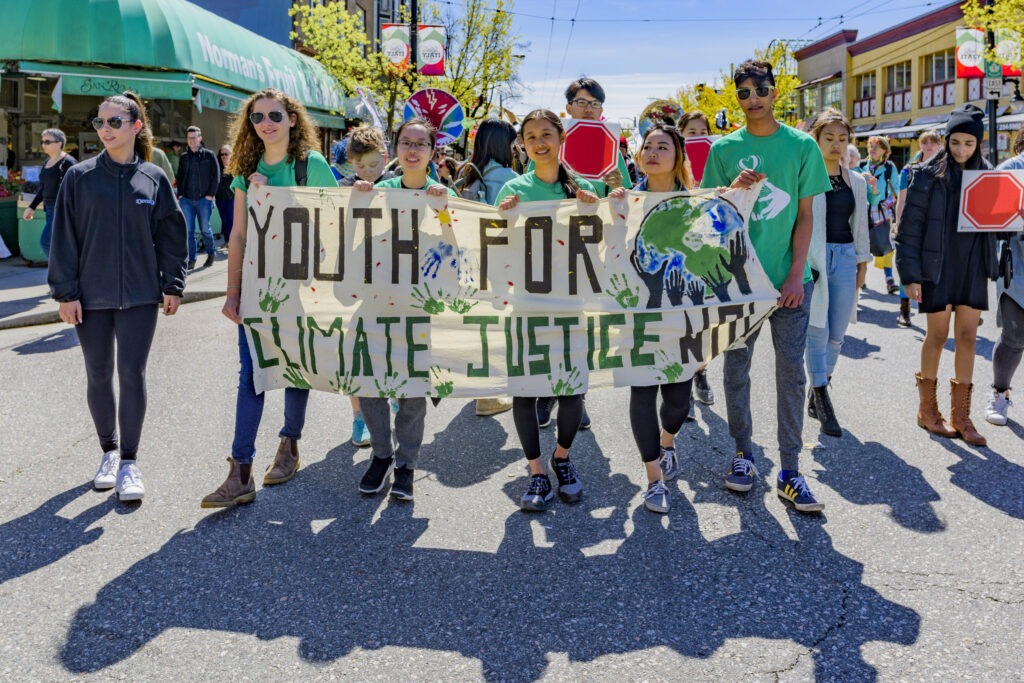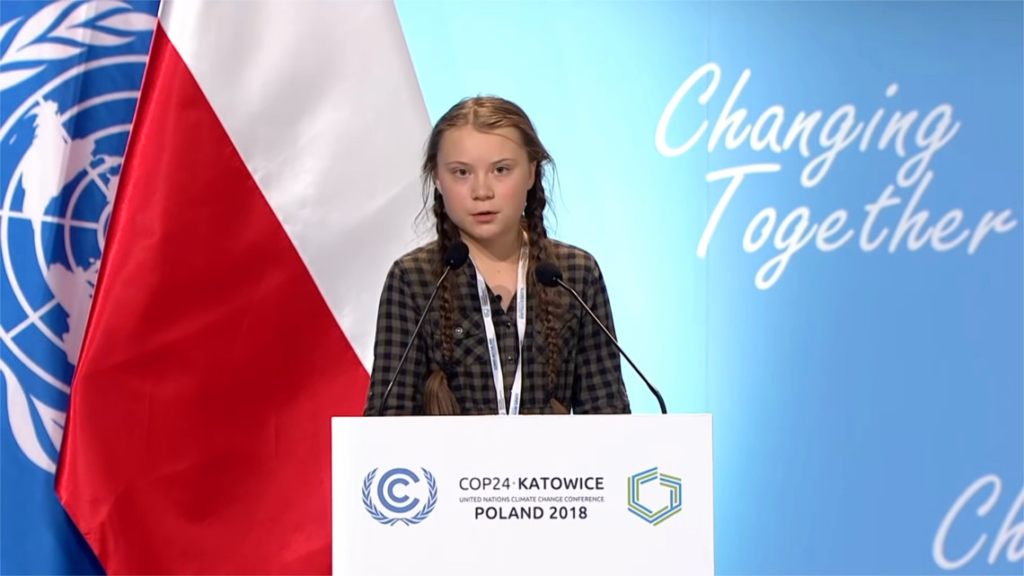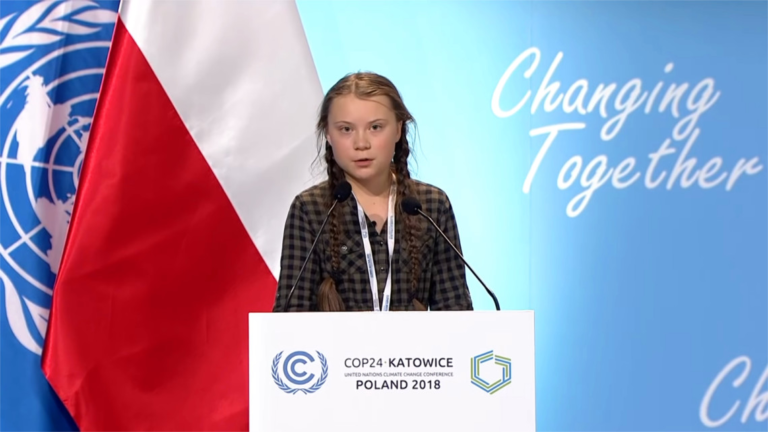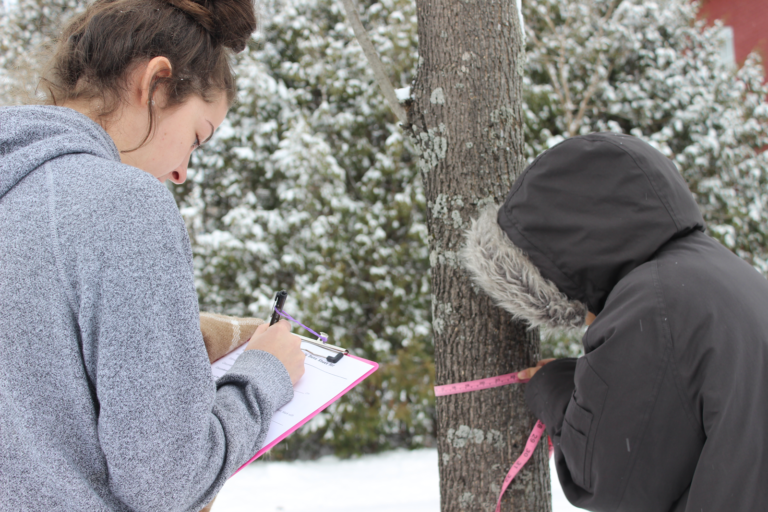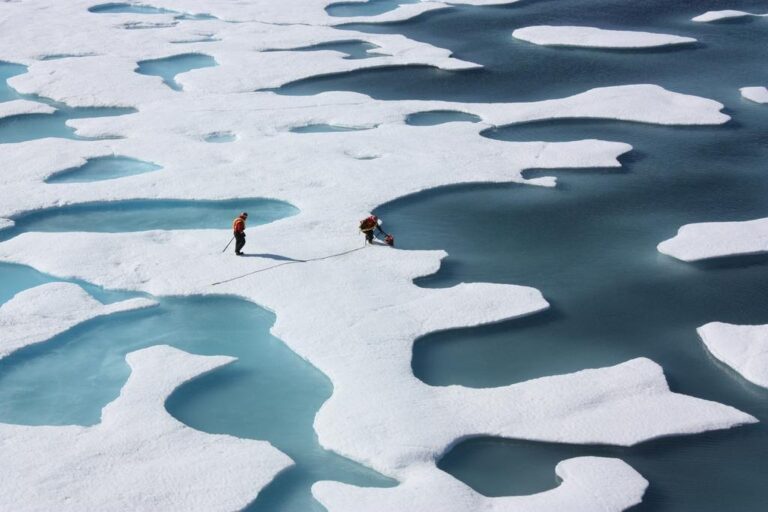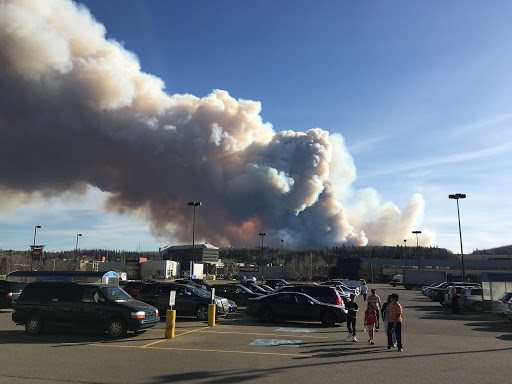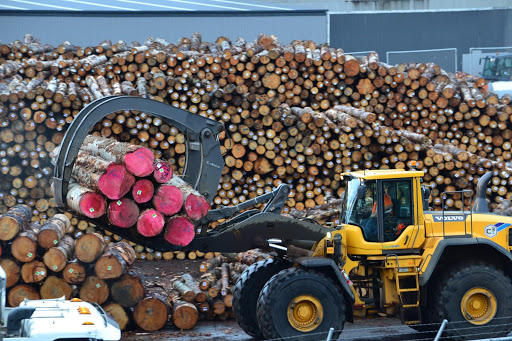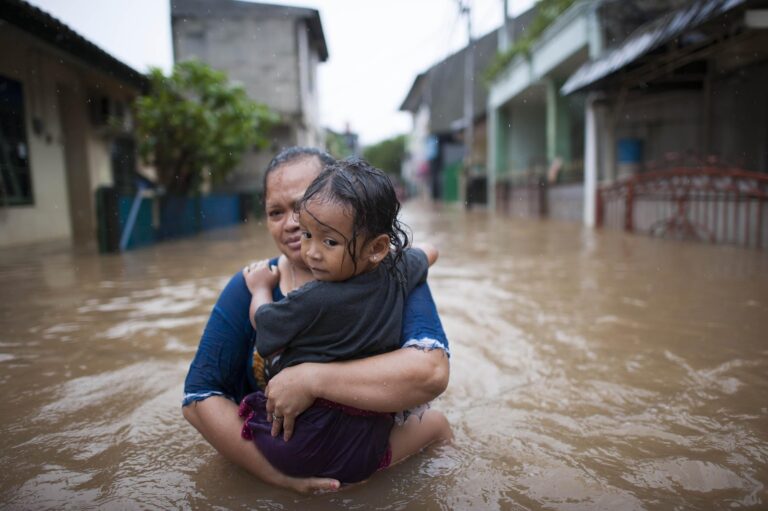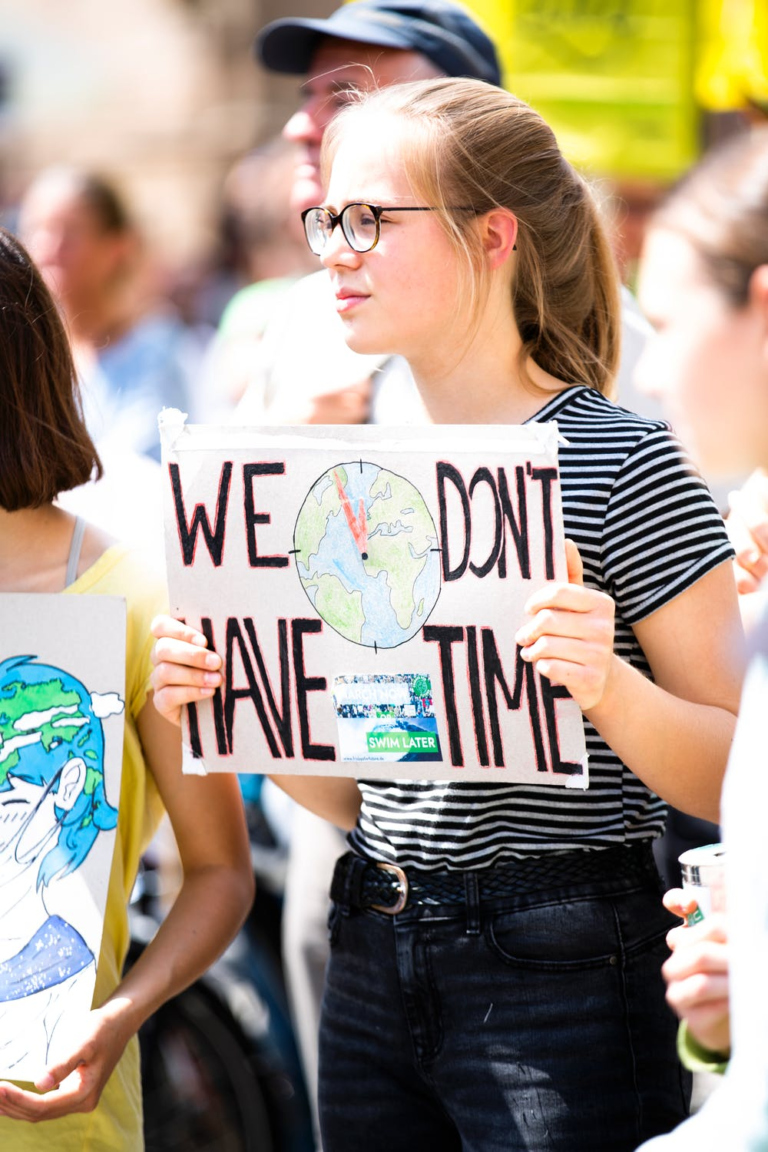In this initial inquiry, we provide a general introduction to the global problem of climate change. Included is multiple inquiry pathways that are designed to help students connect with the issue, and find a lens through which they are motivated to ask questions, learn more, and take action on climate.
In this inquiry, students can explore tools and resources that help determine where we are now in terms of climate change science, policy, collective action and risk assessment. Students are encouraged to research big idea questions, consult with local political leaders or municipal planners, and visually map their understanding to explore different dimensions of climate change.
In this inquiry, students can explore tools and resources that help determine where we are now in terms of climate change science, policy, collective action and risk assessment. Students are encouraged to research big idea questions, consult with local political leaders or municipal planners, and visually map their understanding to explore different dimensions of climate change.
Monitoring Change through the use of the Climate Atlas of Canada will enable students to research past, present and future climate impacts in their communities under different emission pathways. Investigating climate change from a regional scale is extremely important because 1) planning for and adapting to climate impacts is often undertaken at a city/municipal/community level, 2) students can engage directly with local experts and 3) this ensures learning is in alignment with students’ locus of control.
This inquiry delves deeper into the multifaceted environmental effects of climate change. We encourage students to harness their curiosity of the local environment by examining changes to the ecosystem, species at risk, large scale environmental impacts, etc. or by connecting with a community expert and exploring restorative practices. We have included a multitude of external resources and guiding questions to help support and extend student research.
This inquiry delves deeper into the multifaceted environmental effects of climate change. We encourage students to harness their curiosity of the local environment by examining changes to the ecosystem, species at risk, large scale environmental impacts, etc. or by connecting with a community expert and exploring restorative practices. We have included a multitude of external resources and guiding questions to help support and extend student research.
This inquiry explores sensitive material, the connection between climate change and many facets of human health. We have included resources, activities, and knowledge to inform students of the serious and widespread effects that climate impacts have on physical and mental health across Canada. This inquiry also invites students to reflect and consider their own health in the face of these serious climate changes. We explore how many of the actions to reduce greenhouse gas emissions also have the co-benefit of improving our health.
This inquiry explores the connection between the economy and the environment. Through research opportunities, case studies, current events and news, discussion and debate, students will come to grasp economic risks and opportunities for businesses to be leaders in addressing climate change, both locally and globally. Students will explore how personal consumption contributes to climate change, and what personal changes as well as changes in consumer culture must be made in order to mitigate climate effects.
This inquiry explores the connection between the economy and the environment. Through research opportunities, case studies, current events and news, discussion and debate, students will come to grasp economic risks and opportunities for businesses to be leaders in addressing climate change, both locally and globally. Students will explore how personal consumption contributes to climate change, and what personal changes as well as changes in consumer culture must be made in order to mitigate climate effects.
This inquiry takes a deeper look at how Indigenous peoples have been and are leaders of climate action as well as how climate change is exacerbating existing socio-economic inequities and impacting some cultural practices. The following resources, guiding questions and activities aim to encourage thoughtful consideration on how climate justice is inherently connected to decolonizing processes and truth and reconciliation. We invite students to consider the depth of knowledge that exists in the diversity across Canada and work to ensure that Indigenous ways of life are not at risk in Canada’s future.
This inquiry explores how children and young people are growing up with an understanding of the climate crisis, how it may affect their future, and what avenues they have for engaging in change making processes.
This inquiry explores how children and young people are growing up with an understanding of the climate crisis, how it may affect their future, and what avenues they have for engaging in change making processes.
Our individual actions to personally reduce our individual carbon footprint contribute to reducing greenhouse gas emissions. In addition, when we share what we are doing and why, our actions start to shift culture and practices. Taking action gives youth agency, promotes hope and addresses eco-anxiety and fear In this inquiry, we draw on Learning for a Sustainable Future’s Engaging Students in Sustainable Action Projects Facilitator’s Guide (ESSAP) to provide a framework for developing an Action Project.
